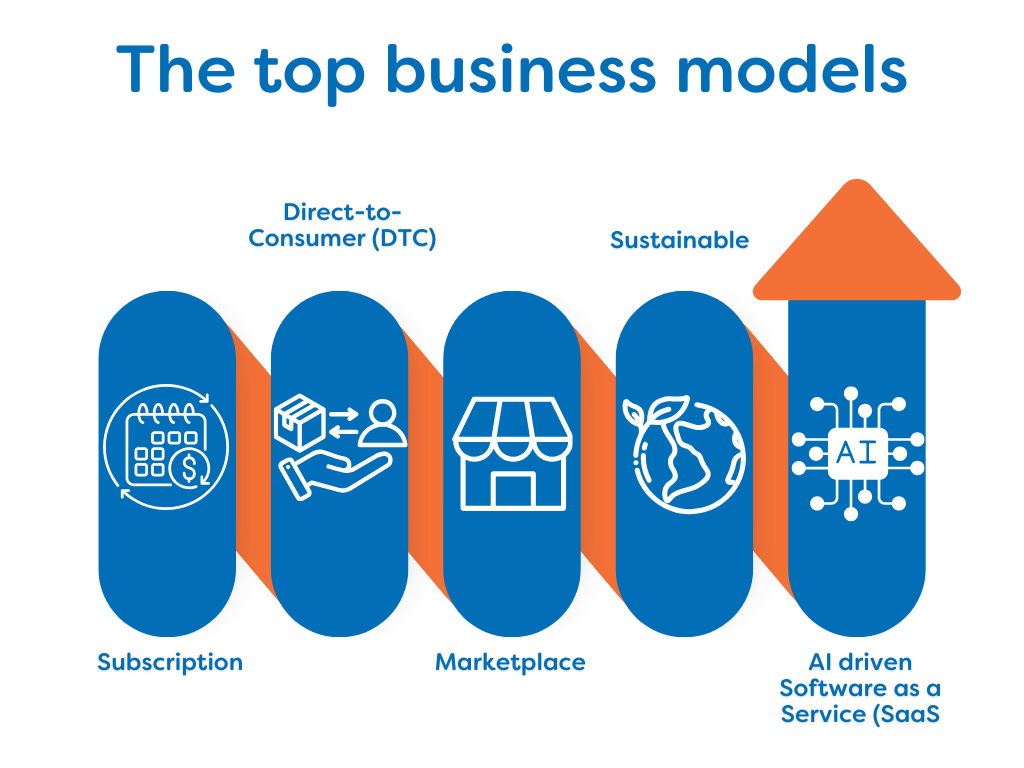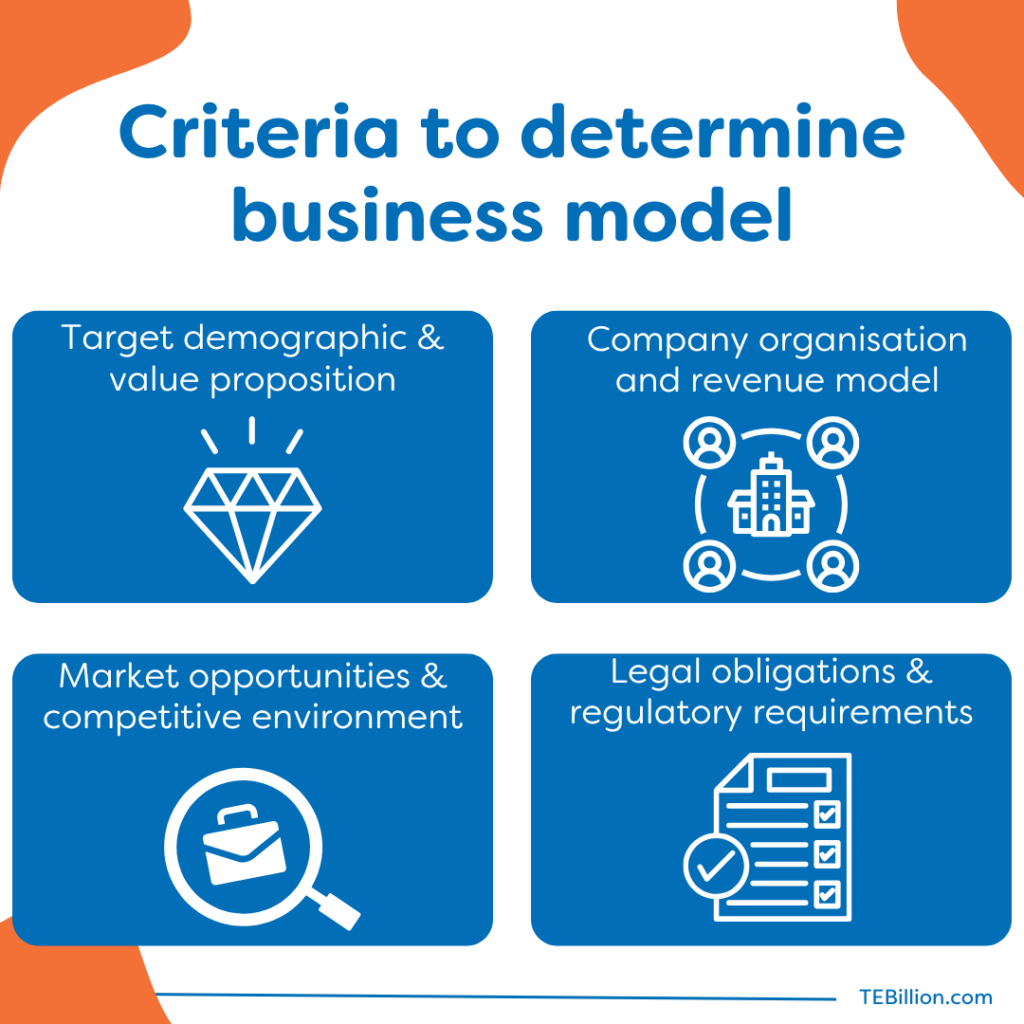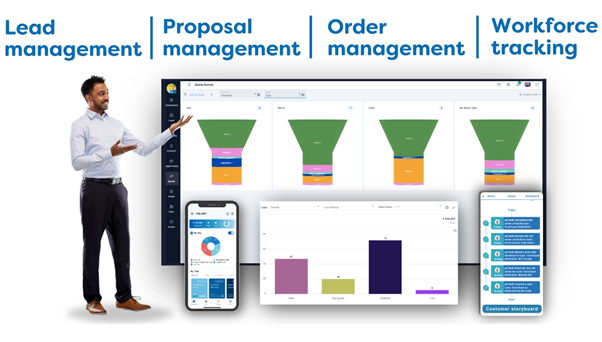
How your business operates and where you put your resources is something that is absolutely vital to understand in order to keep your business on track, operating efficiently, and allow for better more accurate movement when opportunities come. Your business model selection needs to work for your company and your customers.
In this article we are going to have a look at the top business model types, the criteria for selecting a business model, how hybrid models and new-age monetisation strategies are becoming popular choices, and what you need to do to adjust your model for scalability and modernisation.
Traditionally the business model selection involved very keenly defined options, with a large focus on what and how a business should do.
Modern business models are more flexible and have adapted to meet more direct customer needs.
Subsequently some of the most popular business models seen now are:

Most of these models deals either directly with data-driven and digital approaches or is heavily influenced by the changing needs of customers, most of whom are now found online.
In order to grow, you need strategic workflow automation, the right tools, and a clear focus on what your business is setting out to achieve.
When you look at your business and how it operates, there should be clear indicators that determine which business model selection is going to be the best fit for your company.
Some of the main criteria that are used to determine the model include:

You need to have a deep understanding of your business, your audience, and your competitors in order to generate a business plan that is operational, and to apply a method that will work.
Of course, you may find that some elements are a perfect fit for your needs, whilst others in different models would also be beneficial. Hybrid models, which essentially act as a ‘choose your needs’ form of business model are increasingly more popular for companies who do not have a singular structure or defined needs.
To help businesses whether they have one model or a hybrid one, TEB provides a fully integrated platform, designed to make business easier. Whether you are focusing on eCommerce and online activities or have a subscription service that requires superb customer handling, TEB brings you the tools and task management to make it happen.
Business model selection traditionally involved selecting one model and making it work, but with the way business has changed in the digital era, having hybrid models which encompass and integrate multiple elements from different strategies is becoming a more popular option, allowing for a much more bespoke and customisable approach.
New- age monetisation is essentially focused on generating revenue from digital platforms and moving away from traditional models. The expansion of social media, ease of online access, and growth in eCommerce has made these strategies all the more important to not only understand, but to take advantage of for your own business.
The digital world continues to blur the boundaries between geographic locations and making online or hybrid sales more prevalent. This then allows for customers and interest from all parts of the planet. Businesses must be seen and available online if they want to stand any chance of competing in this modern environment.
Modern business models are also evolving to take digital activities in, and hybrid approaches that allow for better customisation and adaption are seeing significantly more adoption in recent years – with this trend expected to continue for the foreseeable future.
Business model selection does not need to be something that you choose once and then have to make the best of. As your business develops and evolves, your business model will undoubtably need adjustments and changes to meet your new activities and needs.
To help this happen, looking at modern technologies and software is often the best approach, and when you do, consider:
No matter what your business model selection choice leads you to, TEB will be right here to support your operations with powerful, game changing technology.
Bringing TEB into your business allows you to benefit from futuristic AI supported opportunities, strategic automation, highly developed analytics and reporting, and so much more.

Amongst the many benefits that you and your team can expect, you will see:
Expand your business and evolve into your most effective form. Book a demo with our team today, and we can help you determine what is best suited for your business, and how to help you become more profitable and successful in 2025 and beyond.
